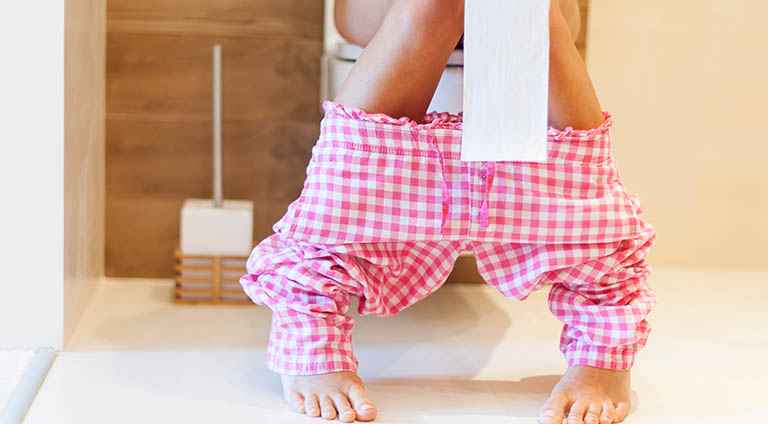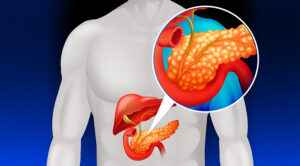Piles, also known as hemorrhoids, are swollen, inflamed veins in the rectum or around the anus that can cause pain, itching, and bleeding. While the condition is common—especially among older adults, pregnant women, and those with chronic constipation—many people hesitate to seek help due to embarrassment or lack of awareness.
One of the most frequently asked questions is: Do piles go away on their own? The good news is that mild piles can often heal naturally with simple lifestyle changes and home remedies. However, more severe or recurring cases may require medical or surgical intervention.
In this guide, we’ll cover the causes, symptoms, natural treatments, and when to seek medical care for piles in Surat.
What Causes Hemorrhoids?
Hemorrhoids occur when increased pressure causes the veins in the lower rectum or anus to swell. Common causes include:
- Chronic constipation or diarrhea
- Straining during bowel movements
- Sitting for long periods, especially on the toilet
- Obesity or being overweight
- Low-fiber diet
- Pregnancy-related pressure on pelvic veins
- Sedentary lifestyle
Two Types of Hemorrhoids
Understanding the type of hemorrhoids can help determine the best course of treatment:
-
Internal Hemorrhoids:
These occur inside the rectum and are usually painless, though they can cause bleeding during bowel movements. In some cases, they may protrude through the anus, resembling small grape-like lumps. -
External Hemorrhoids:
Located under the skin around the anus, these are more likely to cause pain, itching, swelling, and bleeding. They are visible and can be felt as lumps near the anal opening.
Symptoms of Piles
The symptoms of piles vary depending on the type and severity. Common signs include:
- Itching or irritation near the anus
- Pain or discomfort during bowel movements
- Swelling or lumps around the anus
- Bright red blood in stool or on toilet paper
- A sensation of incomplete evacuation
Note: If you experience heavy bleeding or black stools, consult a gastroenterologist immediately as it may signal a more serious condition.
Can Piles Heal Naturally Without Treatment?
Yes, mild to moderate hemorrhoids can go away on their own, especially with timely lifestyle changes. However, severe or recurrent piles often require professional treatment.
Home Remedies for Piles: Natural Healing Tips
Here are effective natural methods to manage and reduce hemorrhoid symptoms at home:
1. Eat a Fiber-Rich Diet
- Include vegetables, fruits, legumes, and whole grains
- Fiber softens stool, reducing the need to strain
2. Stay Hydrated
- Drink at least 8–10 glasses of water daily
- Prevents constipation and eases bowel movements
3. Exercise Regularly
- Engage in moderate activities like walking or swimming
- Improves digestion and prevents weight gain
4. Maintain Proper Anal Hygiene
- Gently clean with warm water after bowel movements
- Avoid scented soaps or wipes that may irritate the area
- Keep the area dry to reduce inflammation
When to See a Doctor for Piles in Surat
If your symptoms persist or worsen despite home care, consult a colorectal surgeon or piles specialist in Surat. Delayed treatment can lead to complications such as thrombosed hemorrhoids or chronic bleeding.
Common Medical and Surgical Treatments for Hemorrhoids
1. Rubber Band Ligation
- Best for internal hemorrhoids
- A small band is placed to cut off blood supply, causing the hemorrhoid to shrink and fall off
2. Hemorrhoidectomy (Clot or Tissue Removal)
- Recommended for external or thrombosed hemorrhoids
- The hemorrhoid is surgically removed under local or general anesthesia
- Short recovery period with long-term relief
Depending on the severity, your doctor may also recommend laser treatment, sclerotherapy, or infrared coagulation.
Conclusion: Address Piles Early for Better Relief
Piles are common but manageable. With the right diet, hydration, hygiene, and exercise, many hemorrhoids heal naturally. However, if symptoms persist, don’t delay medical evaluation.
For advanced piles treatment in Surat, consult Dr. Jay Chokshi, a leading gastrointestinal and laparoscopic surgeon known for effective, patient-centered care. Whether you need expert advice, non-surgical therapy, or advanced surgical intervention, timely treatment ensures faster recovery and long-lasting relief.





